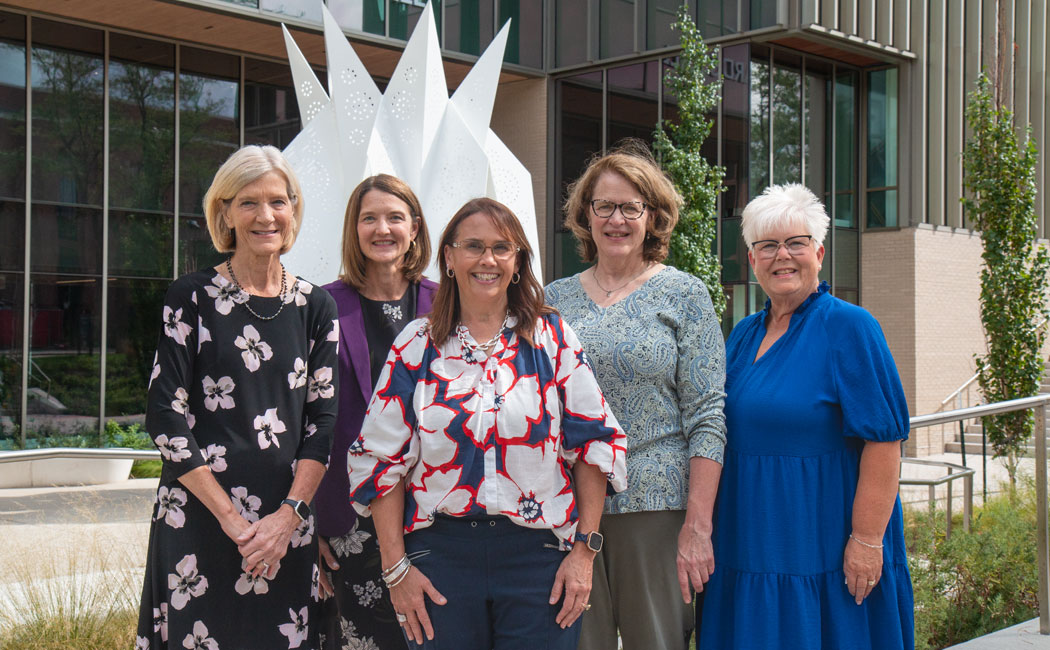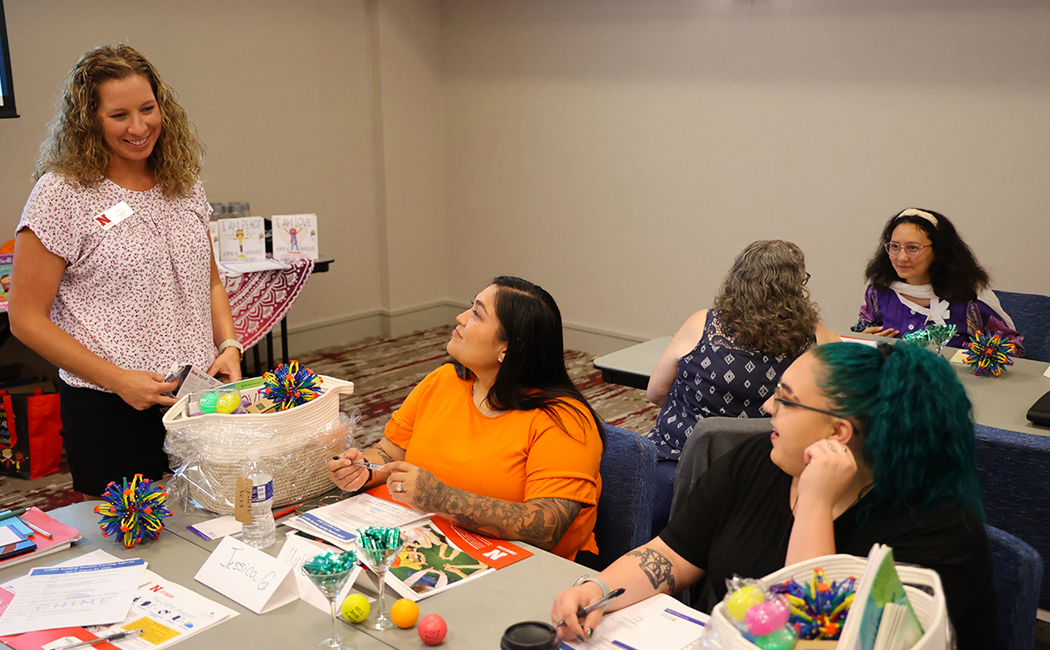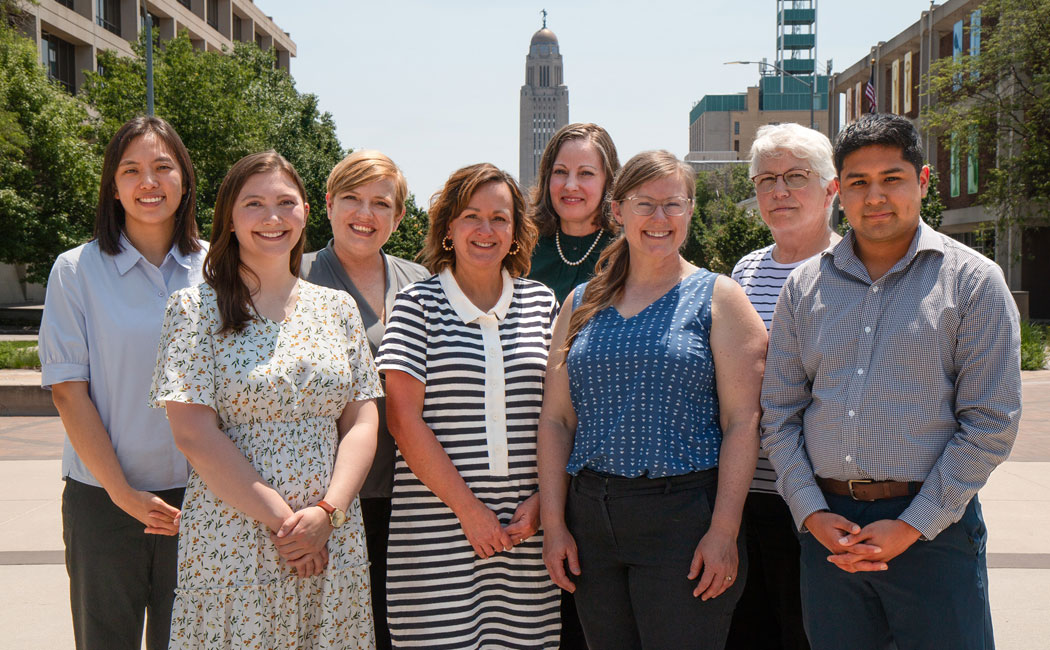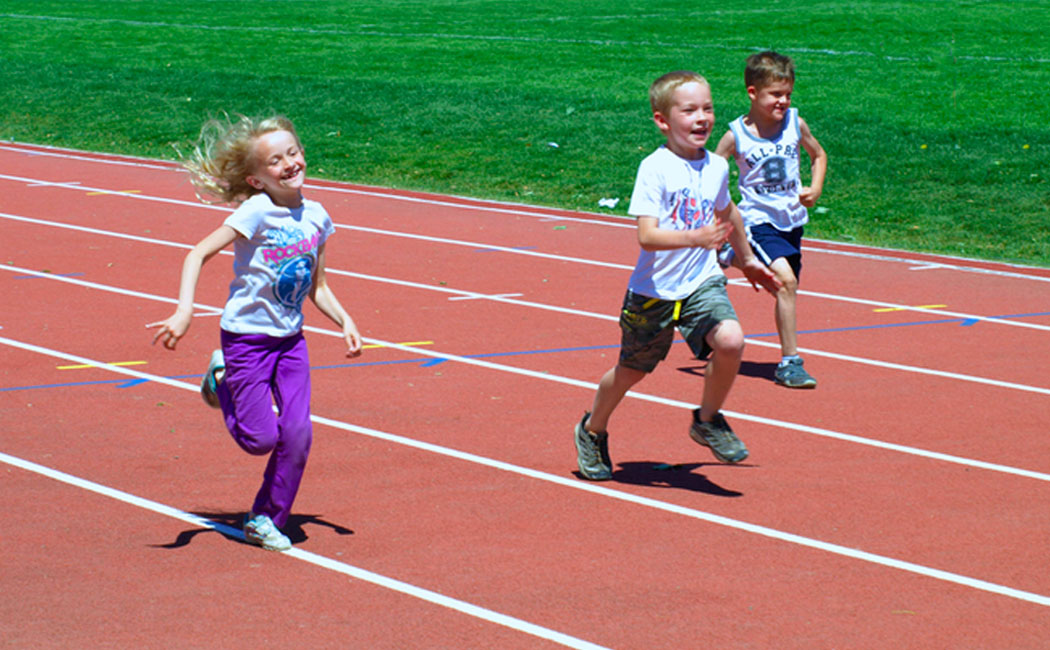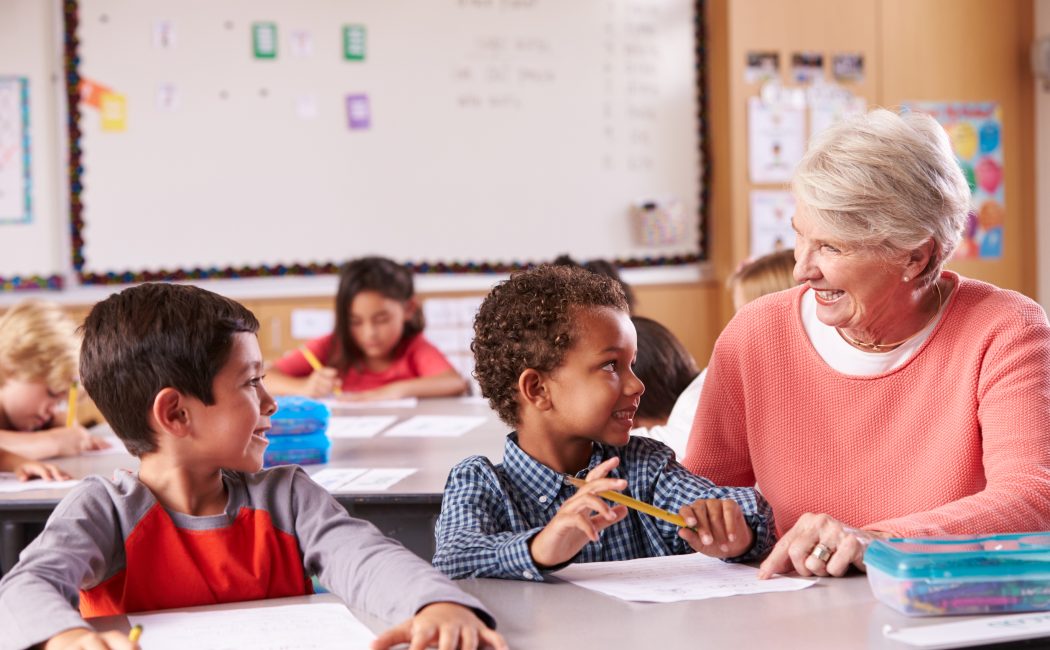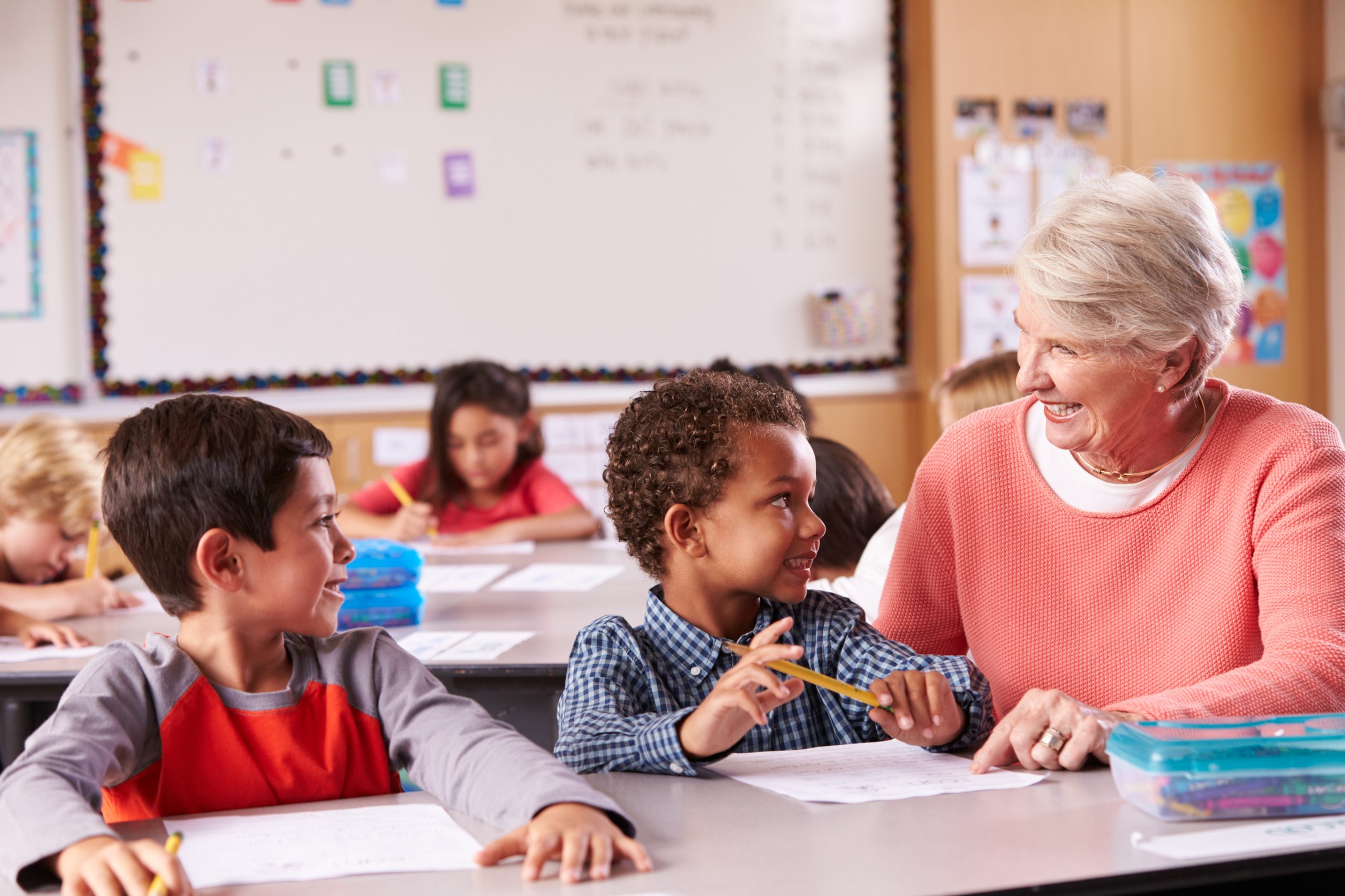
This holiday season, a new statewide campaign is reminding Nebraskans that the smallest moments of connection can have the biggest impact on children’s lives.
Nurture Nebraska aims to boost awareness around the importance of children’s social and emotional development from birth to age 5. The campaign highlights how everyday interactions — a warm greeting, a kind response or a little extra patience to work through big feelings — help children develop confidence and skills that will benefit them throughout life.
